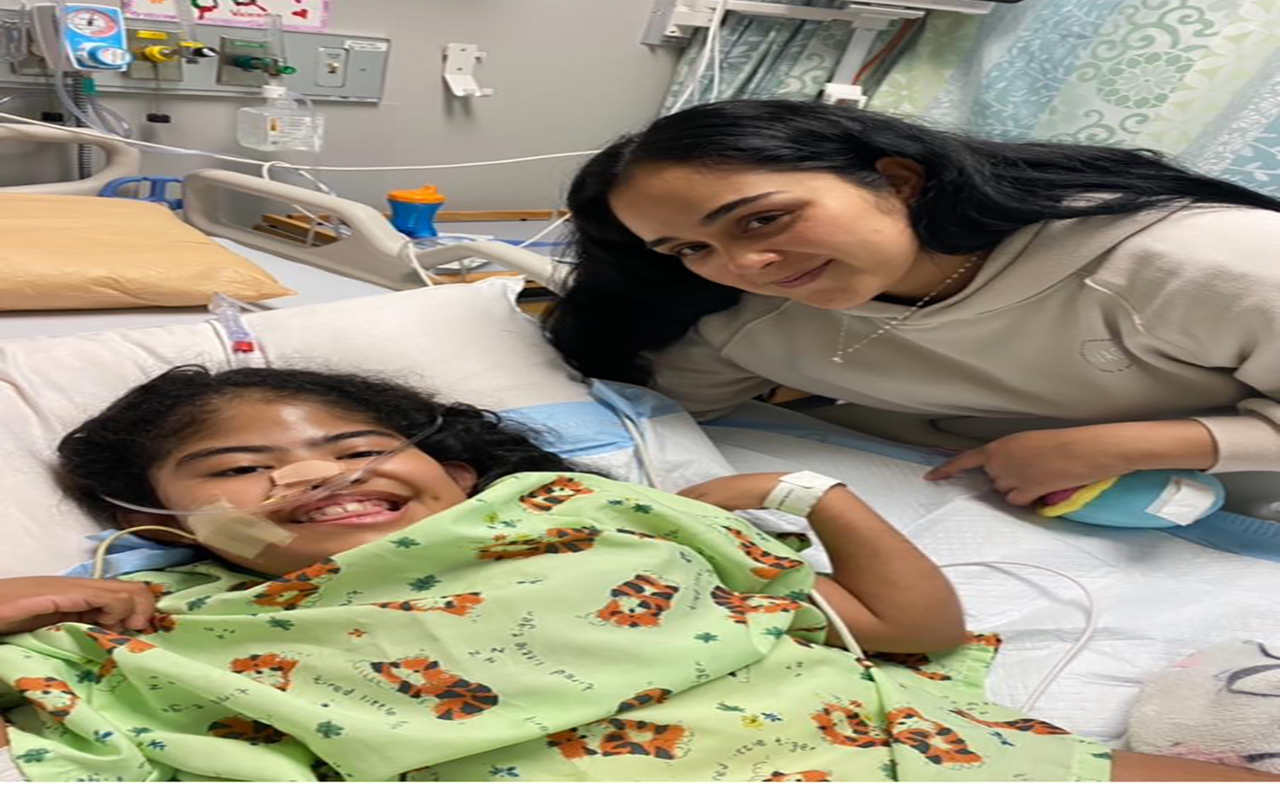
SEPTA is launching a new program to help bolster an inclusive recovery for the region
Drexel University, Wawa, and Penn Medicine employees will be the first to try out the Institutional Pass Program.
SEPTA announced on March 22, that it is in Phase I of testing a new program called “SEPTA Key Advantage.” This will be an institutional pass program, meaning that institutions will be able to purchase passes for their employees.
Cities like Pittsburgh, Seattle, and Chicago have implemented similar programs. Seattle’s transit system receives 60% of its fare revenue from its program.
In Philadelphia, the program will begin on May 1st and will run for six months, with the passes being reloaded every month. The “Advantage” pass will cover all modes of transit, including Regional Rail and the Norristown High Speed Line. This pass will cost $140, which is $64 cheaper than the similar “Anywhere” pass. Participants will be able to use their current SEPTA Key card or a new one.
A total of 15,600 passes will be purchased by the three organizations, with Penn Medicine buying 10,000 passes, Drexel buying 3,800, and Wawa buying 1,800. If this trial run proves successful, more organizations are likely to join in Phase II.
Both the SEPTA Youth Advisory Council and the Clean Air Council supported the creation of this program. This makes sense since one of the benefits that SEPTA touts is a reduction in traffic congestion. Penn Medicine and Drexel also agree with the environmentally-friendly side of this.
RELATED CONTENT
The University of Pennsylvania Health System CEO Kevin B. Mahoney said, “Penn Medicine’s employees are deeply invested in our collective efforts to be strong stewards of the environment, from our green-building initiatives to supporting our workforce and visitors with tools that support more eco-friendly transit, including bike racks and electric vehicle charging stations.”
Drexel University’s President John Fry stated, “Participating in this pilot program aligns with Drexel’s ongoing commitment to improving sustainability practices at the University and being part of the solution to climate change.”
Another benefit of the program is encouraging people to take SEPTA. On one hand, it will help ease the demand for parking by freeing up spaces for customers and patients. On the other, it will help SEPTA get its ridership back up to pre-pandemic levels. According to Philly Voice, SEPTA has lost 50% of its ridership during the pandemic. In early March SEPTA made the weekly passes 25% off. This, more than likely combined with rising gas prices, boosted purchases of the weekly pass by 11%.
“We are honored that SEPTA turned to us to participate alongside Drexel and Penn Medicine in SEPTA’s Key Advantage pilot program, as we are always looking for ways to take care of our associates and make a positive impact in our community. We value the public transportation system and are proud to play a role in bolstering the recovery from the pandemic,” said Wawa’s Senior Director of Store Operations Dave Simonetti.
The next step in making this program permanent will be for SEPTA to propose a tariff change. A public hearing and vote by the SEPTA board will take place this spring.











LEAVE A COMMENT: